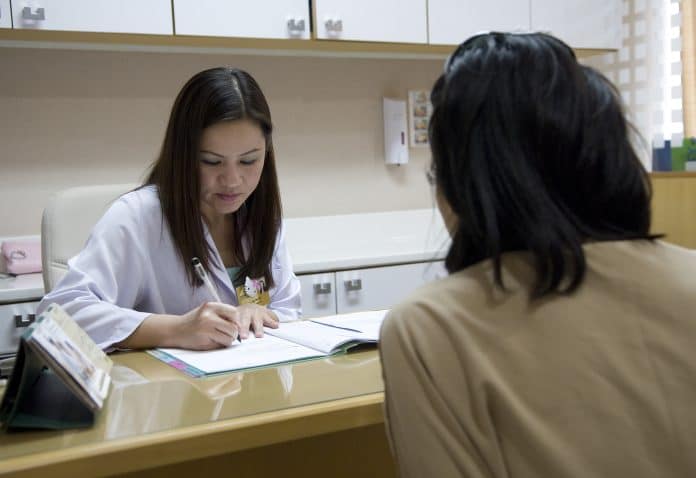The pandemic has put immense strain on the NHS, which was already in turmoil prior to Covid. It’s common knowledge that hospitals are running out of beds, A & E wait times are higher than ever and non-urgent operations are being postponed to keep up with the demands of the virus. However, these delays extend further than the hospitals.
GP surgeries appear to be buckling under the increased pressure and it’s causing serious concern for doctors and patients alike across the country. In regard to appointments, patients are facing delays of over a week-long, even when the urgency of the case is deemed to be high. Surgeries are also more reluctant to offer in-person appointments, with phone consultations taking over. As we head into winter and cases of cold and flu rise, GP services are likely to be strained even further.
Those requesting an appointment with a GP are having to wait an average of seven days before speaking to a medical professional. New research conducted by a UK medical negligence specialist revealed 68% of patients have found wait times for a GP appointment are up to twice as long as before Covid. It’s also been found people are struggling to even book an appointment, with almost half of patients (48%) reporting they were unable to secure one the first time they contacted their practice.
Those in the Southwest experienced the longest average wait time (8 days) from when their appointment was booked to when they were seen by a GP. The East of England fared slightly better, with an average wait time of 4 days from when they arranged their appointment. Alarmingly, these delays still applied to those who felt their concern was “very urgent.”
Reduced face to face consultations
Most people requesting a GP appointment would prefer to meet with a doctor in person, however, many UK surgeries are only offering telephone consultations in the first instance. While it’s understandable that the pandemic has put a strain on GP services, it is still concerning that this has become the new normal.
Many conditions can be safely and effectively diagnosed during a phone call, however, this isn’t the case with all ailments. An incorrect diagnosis delays patients from getting treatment, which could have long-term effects or even result in death. This could also lead to a patient or their family making a medical negligence claim.
An increase in demand over winter is likely
Winter is likely to cause an increase in patients wanting to see a GP. Covid cases tend to rise as the weather grows colder and the spreading of flu is also more common at this time of year. GPs are urging people not to request an appointment for cold or flu symptoms, even if the illness started two weeks prior, as they anticipate they will be flooded with appointment requests. They are also reminding patients that antibiotics will not have any effect on a virus like a cold.
General practices have reached breaking point due to intense pressure on the doctors and other staff. However, according to the data of NHS digital, in March 2021, five million more appointments occurred in England. This may improve the situation. Above all, it is essential that the government the NHS England should provide effective public health guidance and services, and address the pressures on the GP staff publically.





